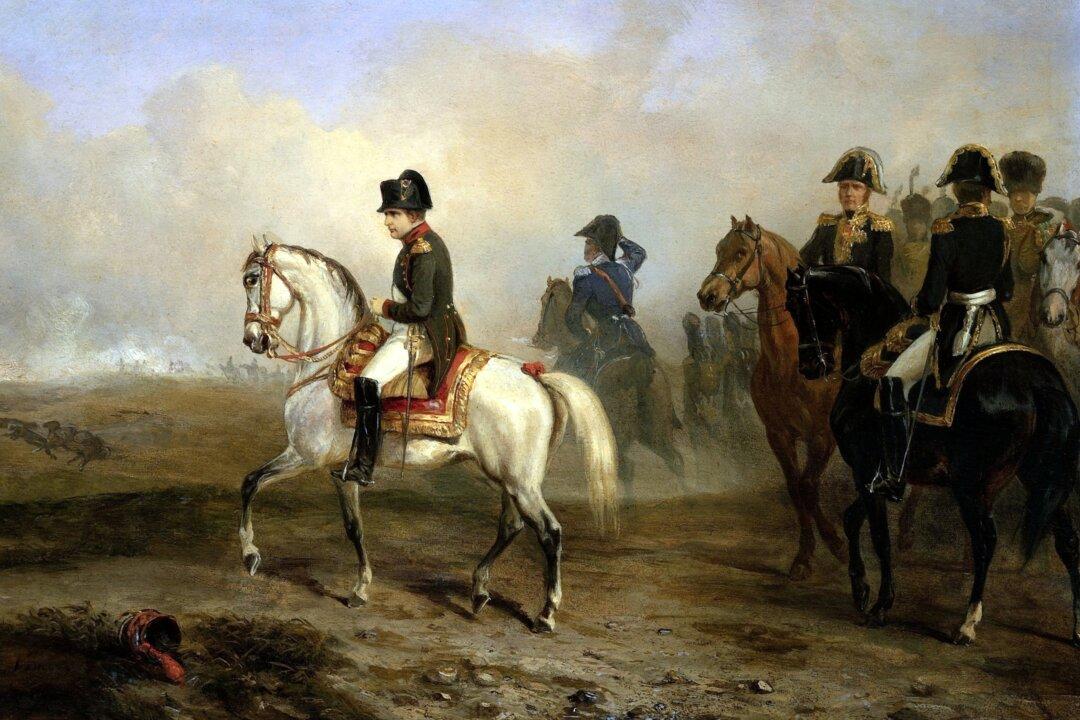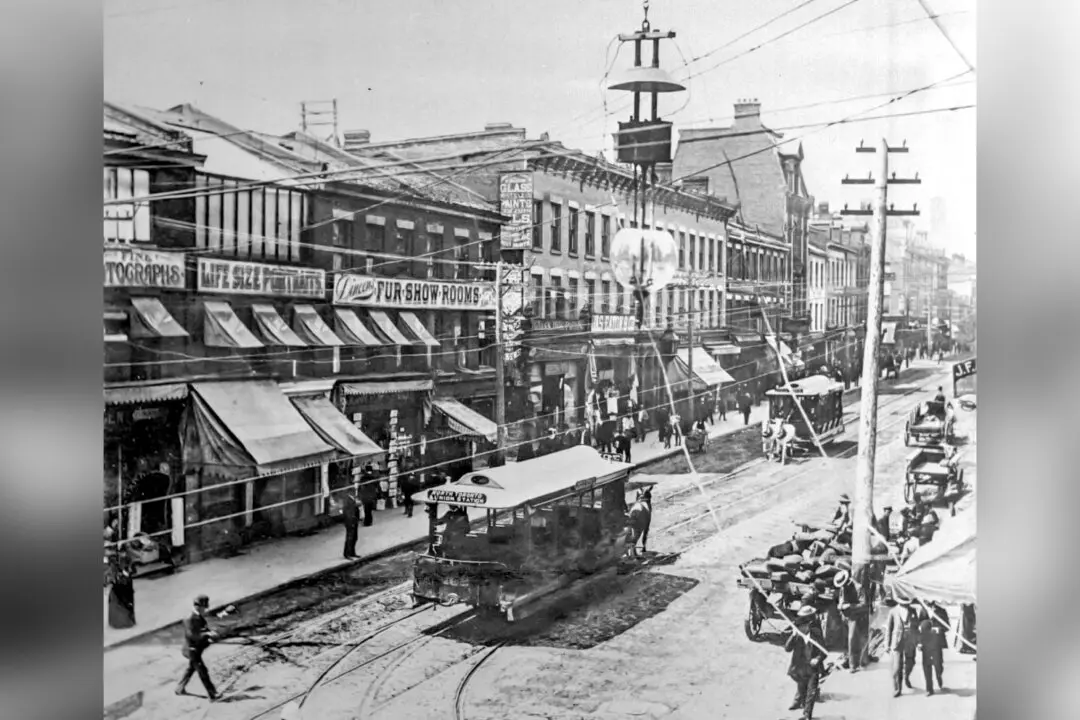Commentary
After crowning himself emperor of the French in 1804, Napoleon involved Europe in a series of endless wars: the Wars of the Third Coalition, the Fourth Coalition, Fifth Coalition, and Sixth Coalition; the Peninsular War; and the invasion of Russia. Kingdoms were overthrown, ancient dynasties exiled, and new countries established, often with one of Napoleon’s many relatives on the throne. Millions died or were maimed because of his grandiose ambitions.





